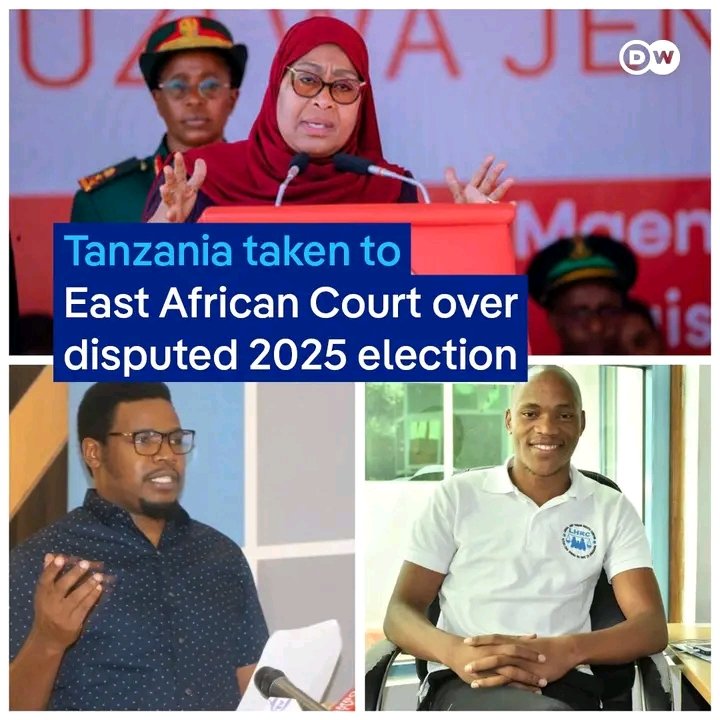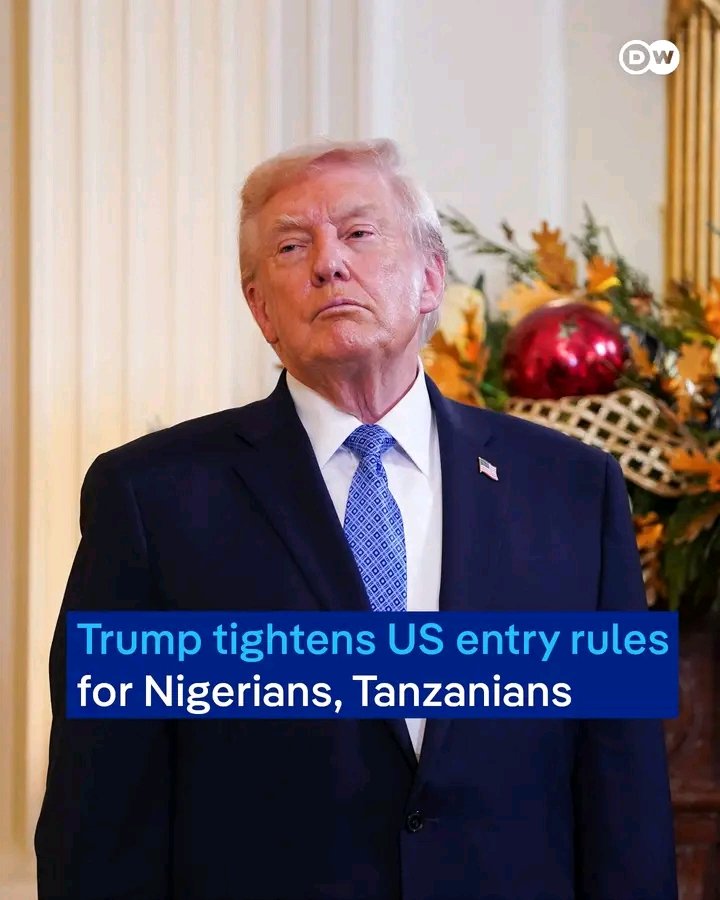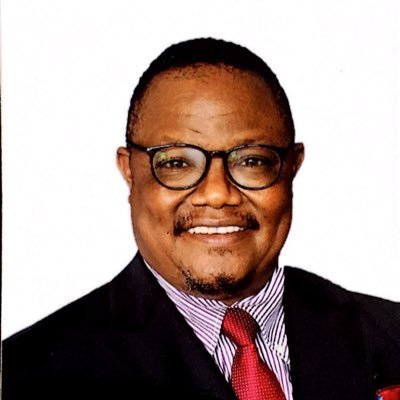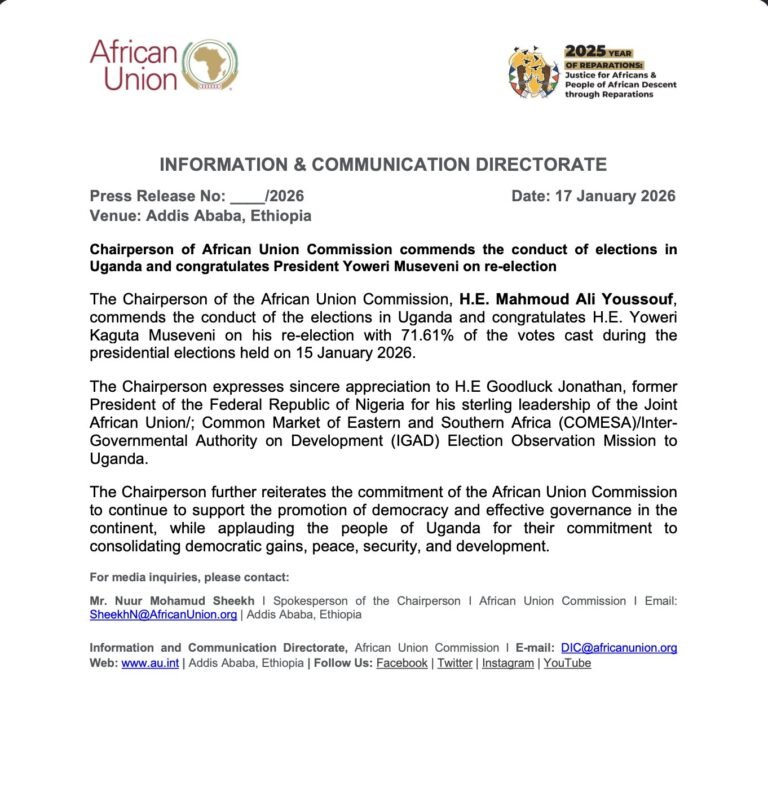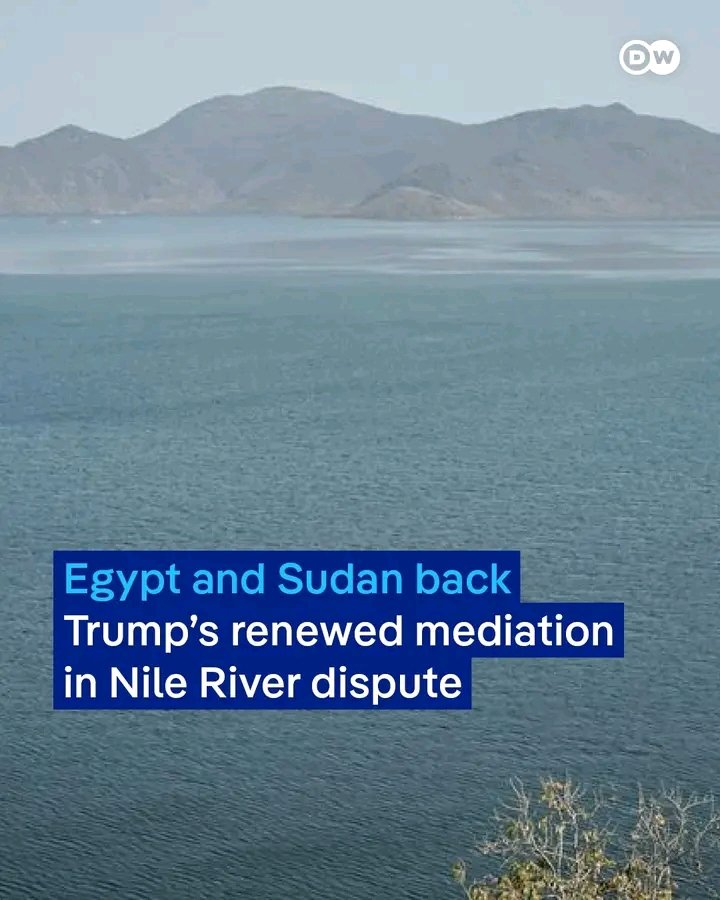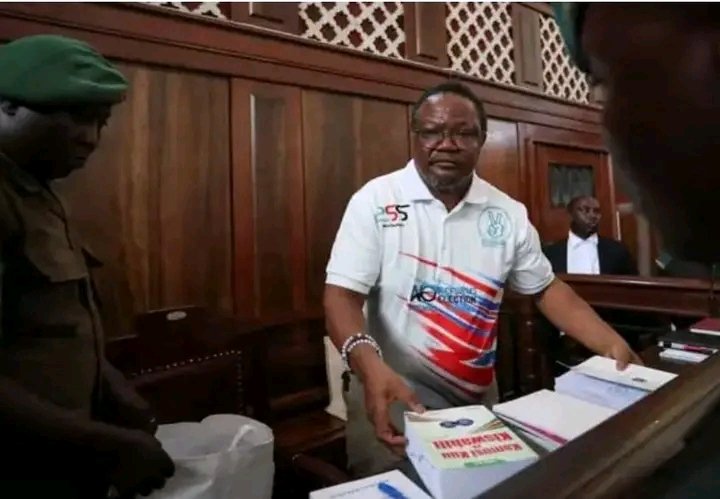
DAR ES SALAAM – Tanzania’s upcoming October 29, 2025, general election is being overshadowed by a complex web of legal challenges against the opposition and a flood of online misinformation, creating a climate of uncertainty and raising concerns about the vote’s fairness.
President Samia Suluhu Hassan is seeking re-election in an environment where major opposition parties, including CHADEMA and ACT-Wazalendo, have faced disqualifications. The government has been accused by human rights groups of a campaign of suppression, including the abduction and arrest of critics.
Central to the political drama is the case of CHADEMA leader Tundu Lissu, a key rival to President Hassan. Official reports and human rights monitors state that Lissu is detained on treason charges, with his trial recently adjourned to November 3, 2025—ensuring he remains imprisoned through election day.
However, a conflicting narrative has spread rapidly on social media platforms like X (formerly Twitter). Posts from accounts such as Abdulahi Adan claimed that the Supreme Court of Tanzania had acquitted Lissu of all charges and set him free.
According to this unverified online narrative, Lissu then made a “bold and symbolic move,” choosing to remain in prison voluntarily until the day after the election. The purported reason for this act is to protest the election’s integrity. As cited in the posts, Lissu would argue that President Hassan “deliberately kept him in prison during the campaign period to compete against herself, effectively denying the nation a fair and free election.”
Confusion and Verification
This story highlights the challenge of navigating information in a charged political season. The claims of Lissu’s acquittal and symbolic imprisonment are directly contradicted by documented reports from human rights organizations and journalists on the ground, who confirm his ongoing detention and the adjournment of his trial.
For now, the official record indicates that Tundu Lissu remains in state custody, unable to campaign as the country heads to the polls. The widespread circulation of the alternative, unverified story adds a layer of confusion and demonstrates how misinformation can shape political perception.
The situation remains fluid, with the fairness of the October 29 election under intense international and domestic scrutiny.


